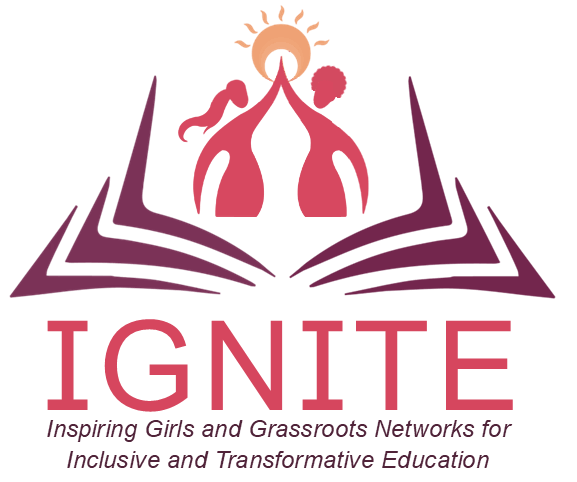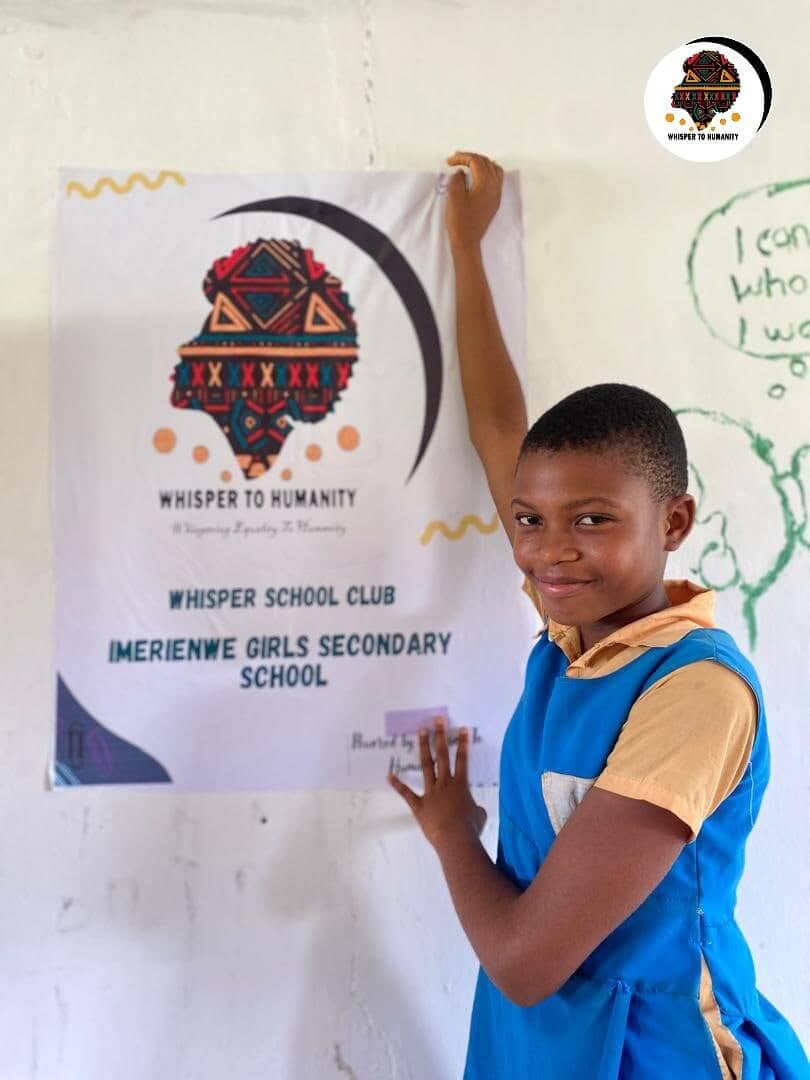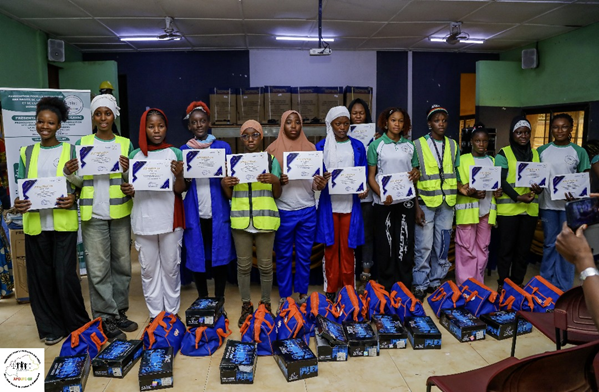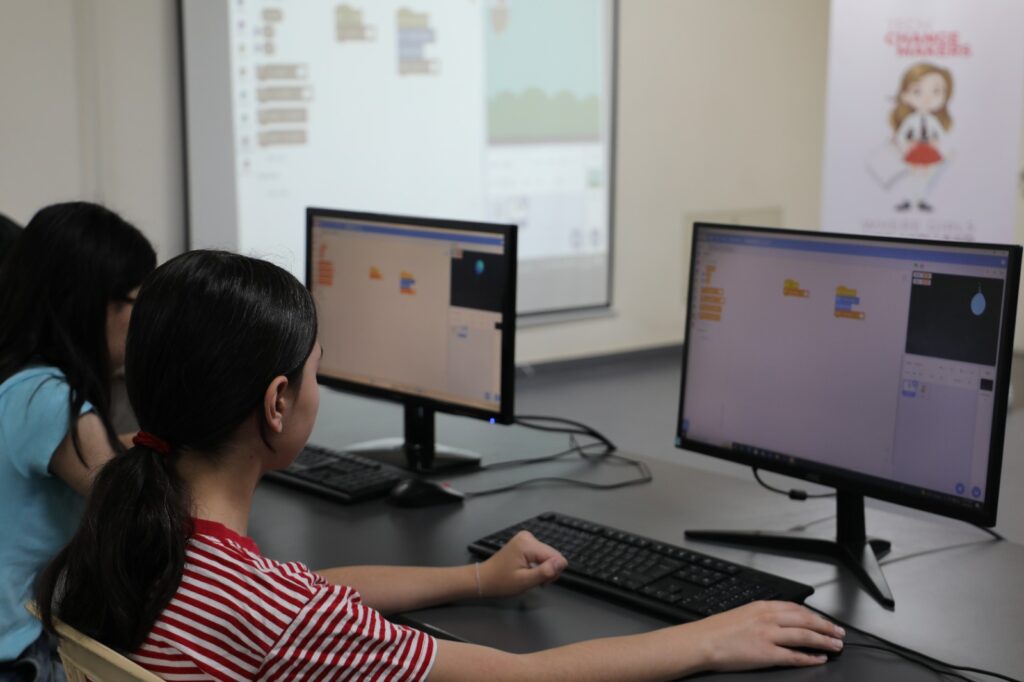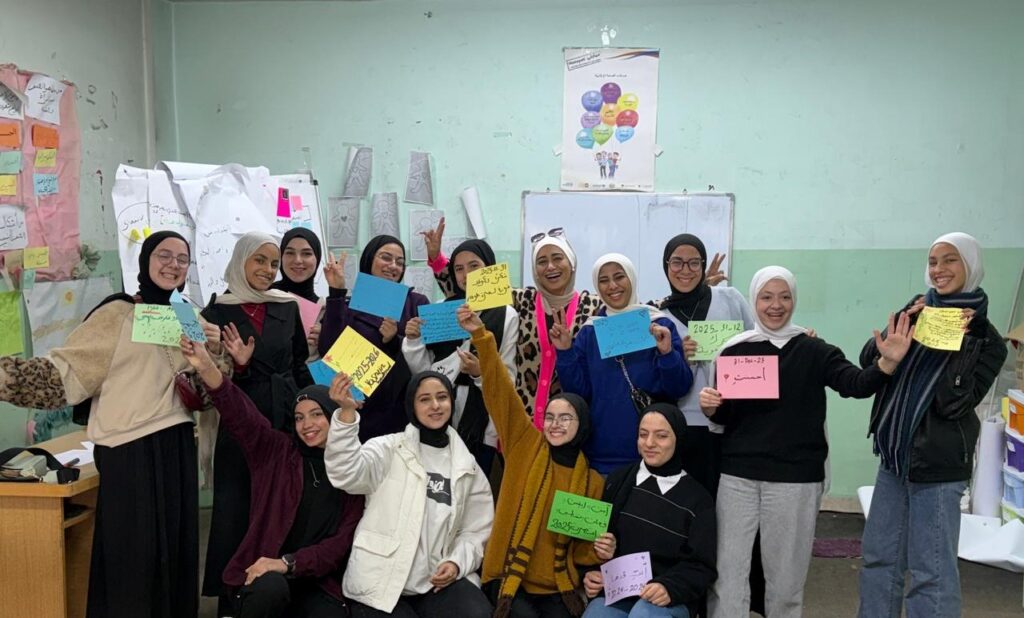Whisper to Humanity staff and clients use play for learning and empowerment
By 9 years old, in grade 6, I was already used to the rigidity of our education system in Nigeria, where a teacher stood at the front of the class with a cane in one hand and used it to both command authority and to flog understanding into our heads. Learning was treated like a punishment, and we were taught through rote memorisation. Passing the forthcoming exam was everything, understanding was secondary, and the fact that we would forget all the information right after said exam was not considered concerning.
One day, a young teacher-in-training walked into our classroom to teach the 12 short vowel sounds of the English language. We had never heard of phonetics before. But instead of lecturing us or pulling out a cane, the trainee did something radical: she started to sing and dance and invited us to do the same. She had turned the vowel sounds into a song, and before long, the entire class was laughing, dancing, and completely immersed. It was beautiful. By the end of that session, we all knew the 12 short vowel sounds, not just for that day, but for years to come. Ask me at 3 a.m., on any random Thursday, and I can still recite them.
Years later, working as an adult and a professional with the team at Whisper to Humanity, the organisation I founded and lead, it has become clearer what made that trainee teacher different: she saw us. She did not just see a room full of pupils; she saw children who love to sing, play, laugh, and move. She connected with us on our level and recognised that curiosity is a core characteristic of childhood. She was not just a teacher; she was an ally, a big aunty, and a friend. For my phonetics and my future, that made all the difference.
The recognition that learning should be fun, not frightening, is the soul and the strategy behind our approach at Whisper to Humanity.
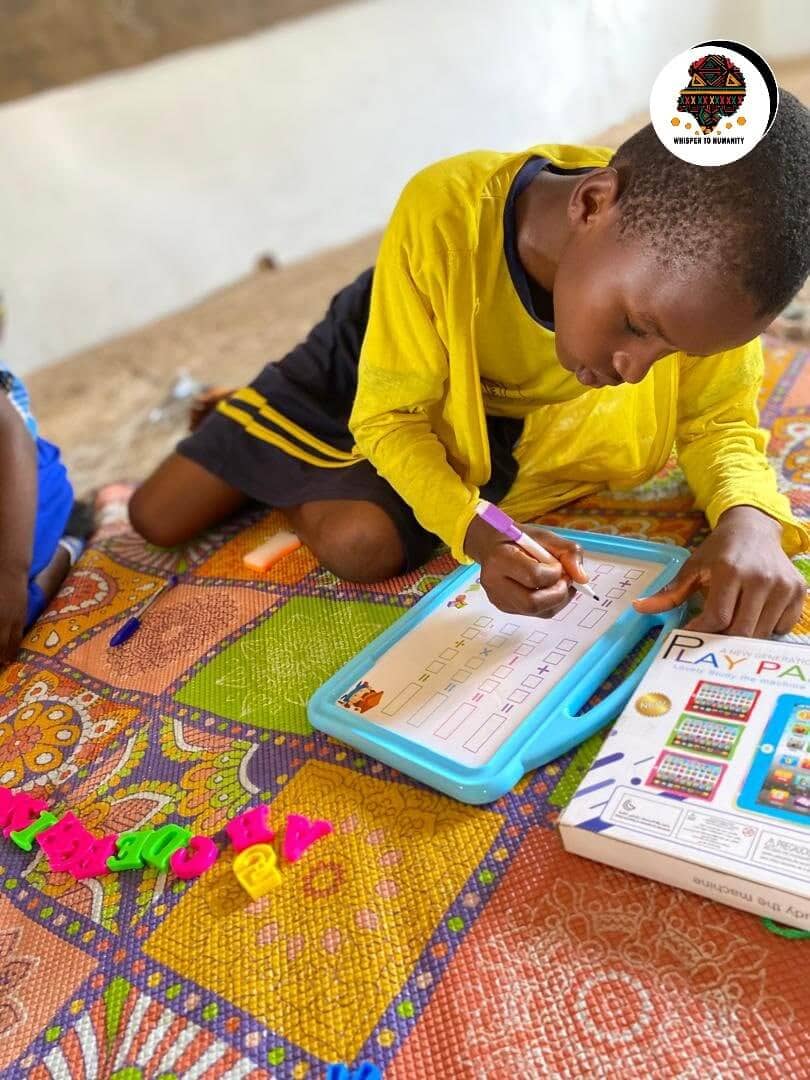
Research in neuroscience and child psychology confirms that play is not just recreational, it is how children best learn, build confidence, and develop essential life skills. Play stimulates curiosity, deepens understanding, and fosters emotional intelligence.
At Whisper to Humanity, play is not a break from learning but a pathway into it. Whether through stories, art, songs, games, or roleplay, we embed play into the very DNA of our programs. We do not just teach; we co-create learning experiences with the children and adults we work with.
Our gatherings never begin with complexity or the orthodox patterns of learning. We start with playful icebreakers, filling rooms with “meows,” “roars,” and “baaaas,” instead of just names, that enable us to connect and create a learning space where every participant, child and adult, feels a sense of ownership. Laughter echoes; tension dissolves. Children feel seen, heard, and understood. Only then do we begin deeper conversations in a physical and psychological space safe enough to be honest and expressive.
Girls in Nigeria are especially taught that to be “well-behaved” is to speak only when spoken to, not ask too many questions, not challenge or explore, and show respect through silence. That is why the philosophy of playful learning drives our work directly with them through our Whisper Feminist School Clubs, which are play-based learning hubs for adolescent girls across rural communities. These Clubs give girls a place to be playful, loud, emotional, and safe. In these clubs, real-life scenarios are replicated using interactive games, creative exercises, and storytelling to prepare girls for the complex realities of the world they are growing into.
One of our most beloved tools is The Whisperer, a board game that teaches financial literacy in an engaging way, covering saving, investing, self-care, and long-term planning. Other games address subjects that are considered “taboo,” like sexual and reproductive health and rights (SRHR), using humour and storytelling to break stigma and open conversations. We also design inclusive games that address gender norms, engaging boys as well as girls to emphasise that gender is a social construct and that no gender is superior or inferior.
Within clubs and in playing the games, girls take turns leading discussions, coordinating activities, and managing group decisions, building real leadership skills in safe, supportive environments. One of our proudest moments came during a position paper presentation to the Ebonyi State Commissioner for Education, where a club member led the presentation.
She later said:
“It was easy to do because in the Whisper clubs, we’ve made important things like this easy. It’s not scary anymore.”
In one of our most innovative initiatives supported by the IGNITE project, adolescent girls script and produce audio dramas based on their own advocacy messages. These dramas are broadcast on local radio stations, giving them a public platform to reimagine and advocate for the kind of school environment they deserve. Every element is designed with intention: to meet children where they are and to walk with them as they grow into who they are meant to be.
At Whisper, play goes beyond our work with children. Our brainstorming, evaluation, and learning happen over painting sessions and intentional playful activities to spur the team to creativity. We prioritise joy in our planning and execution because the more we stay connected to our own inner child, the better we are at showing up for the children we serve.
This International Day of Play, we hope you take the lesson of Whisper to heart: play bridges the gap between adult expectations and child realities. It is not a distraction, but a driver of learning, leadership, and liberation.
